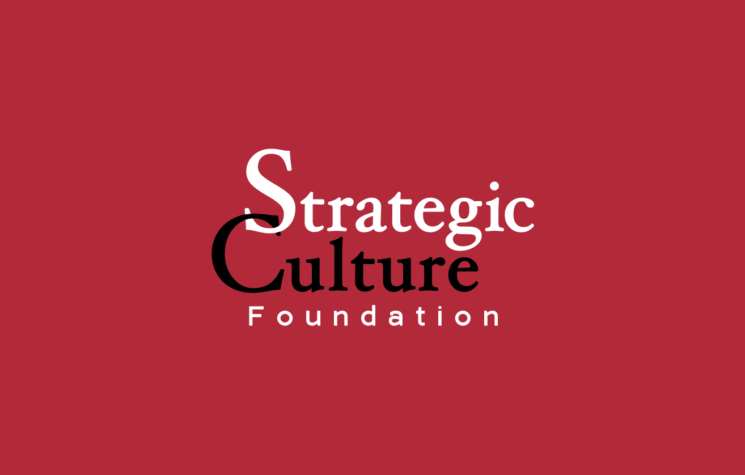Tag: UN International Court



The situation in Libya is continuing to develop alarmingly. The current situation in the country is characterised by a complete lack of any signs of a state system. Libya is being devoured by civil war, disintegration, and the seizure of its territory by a huge variety of forces, most notably the Islamic State. Despite the fact that Prime Minister al-Thani took part in the recently concluded African Union summit in Johannesburg as the head of Libya, suggesting that he is actually the one ruling the country would be a sad joke. And although al-Thani’s government is actually recognised by the African Union (and the majority of other countries) as ‘legitimate’, this is more out of despair…

The term legal imperialism was coined in relation to the Argentina’s public debt. A New York court admitted a number of private claims to hand down a verdict. By a stroke of hand a judge increased the country’s debt up to $120 billion, according to experts’ estimates. The essence of legal imperialism is the support rendered by Anglo-Saxon legal system to financial vultures… The decision handed down by the Hague-based International Arbitration Court in the Russian oil giant Yukos case upon the claim of foreign shareholders is the example of how the legal imperialism works…

The United Nations International Court of Justice delivered the verdict in the landmark case «Croatia vs. Serbia» on February 3. The Republic of Croatia filed the suit against Serbia in 1999 to accuse it of committing genocide during the armed conflict on the territory of former Yugoslavia in 1991-1994. The barefaced impudence comparable with the affirmations about Russia being «an aggressor» made Serbia respond…

On October 16 the United Nations General Assembly elected a new United Nations Security Council (UNSC). According to UN Charter, there are fifteen Council members – five permanent with 10 others elected. Half of non-permanent members are re-elected every year. Non-permanent members have no veto right but still possess considerable clout, especially when they join together. First, the United Nations Security Council is the main UN organ responsible for peace and international security. It can approve the use of force. Recently there were cases when non-permanent members hindered the passing of draft resolutions submitted by permanent UNSC members…





